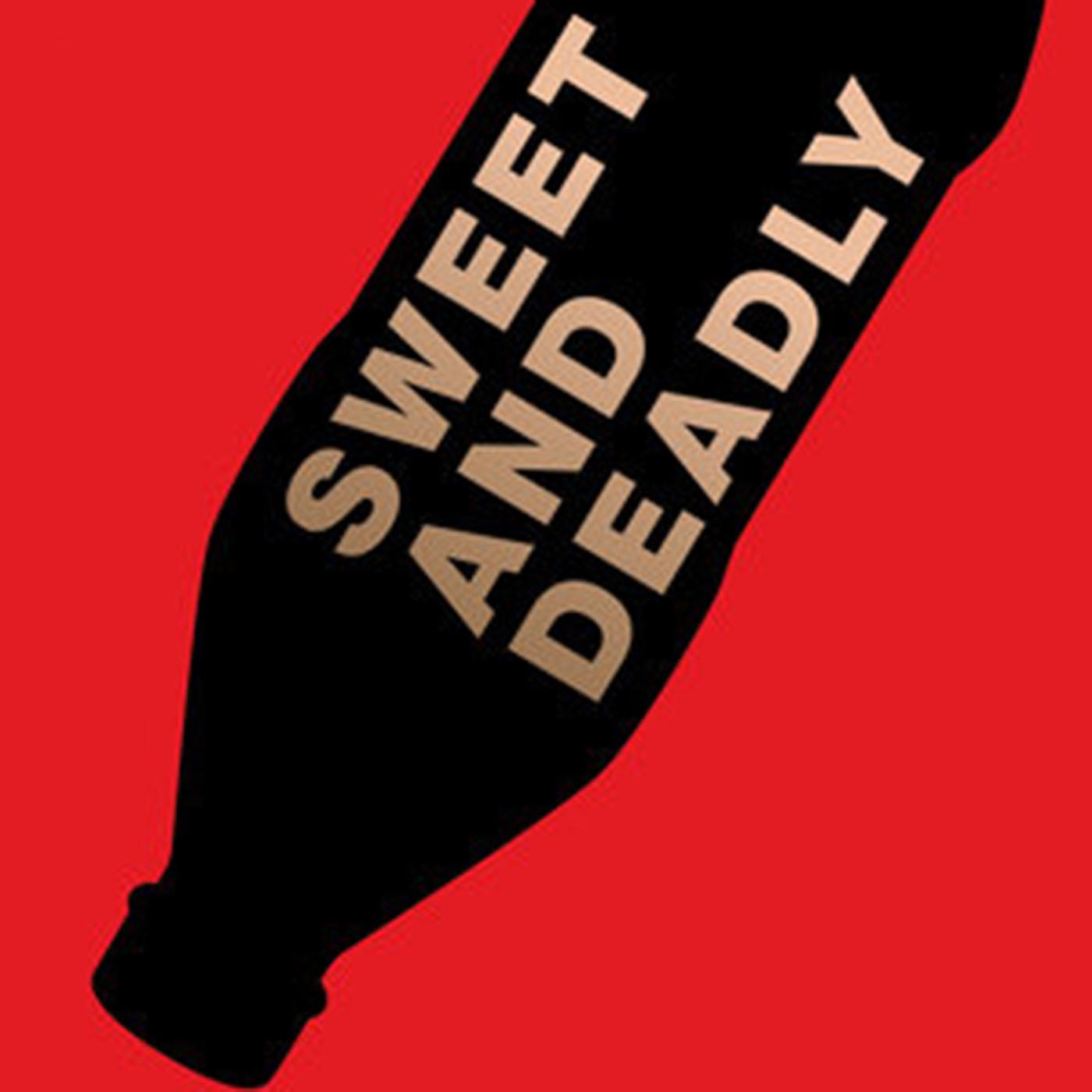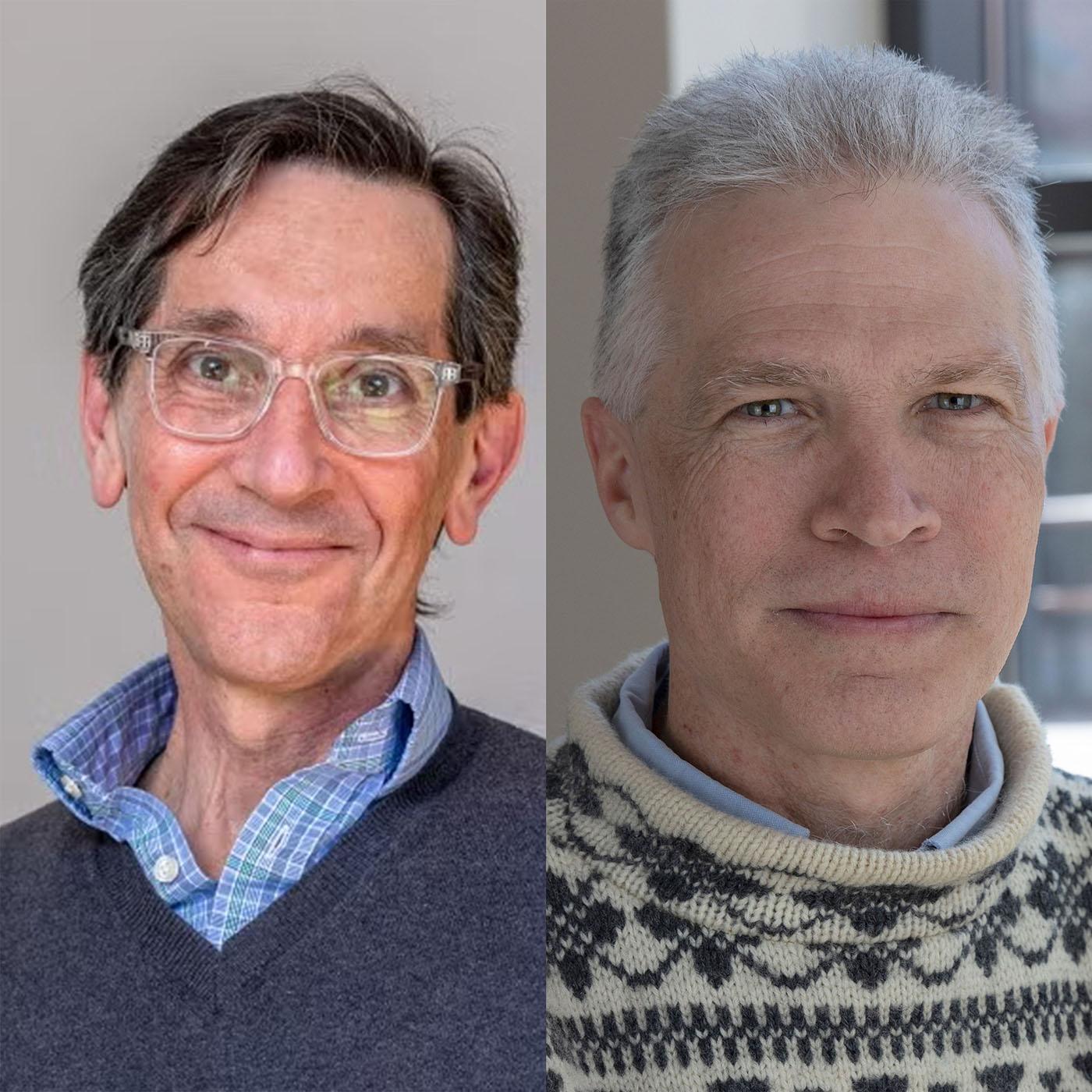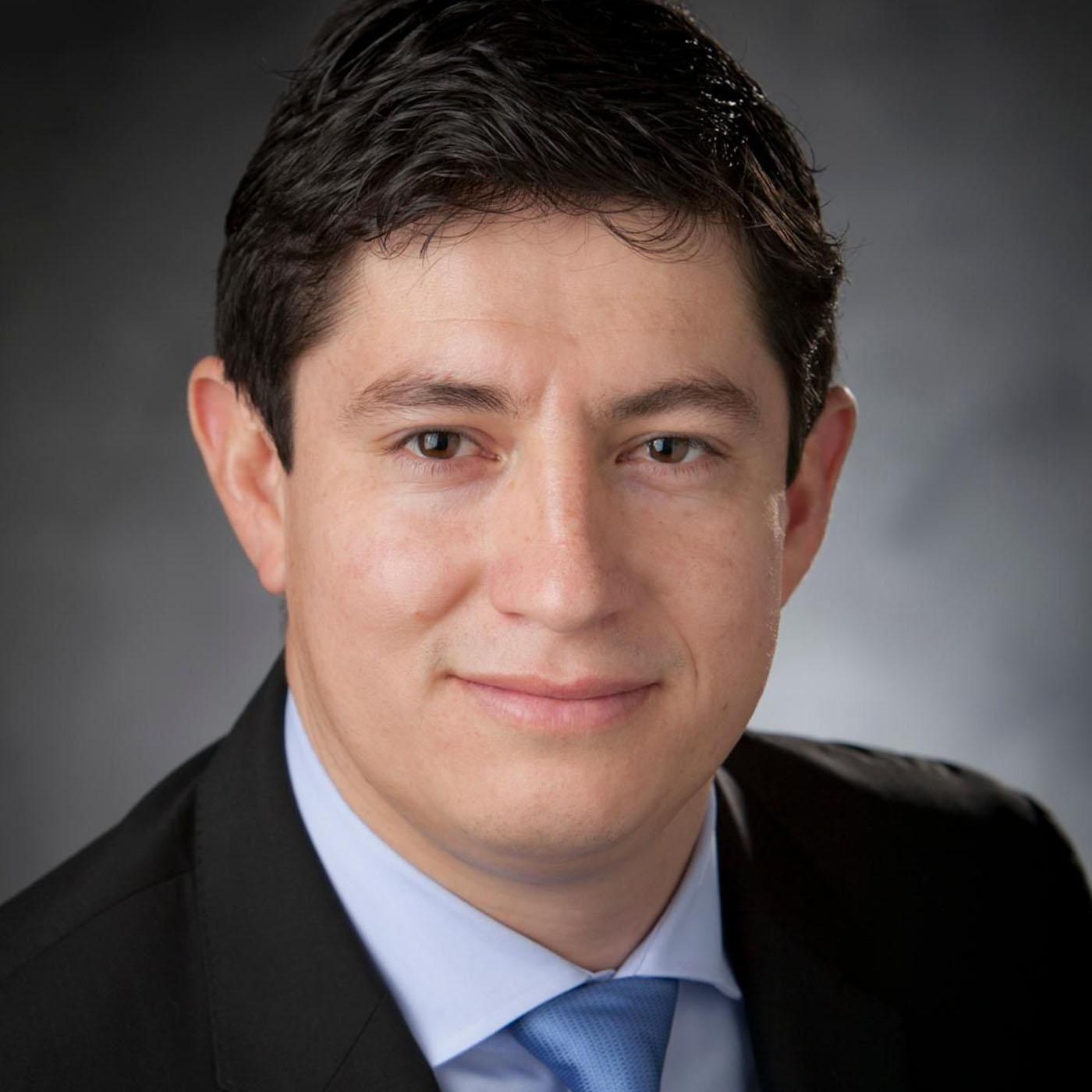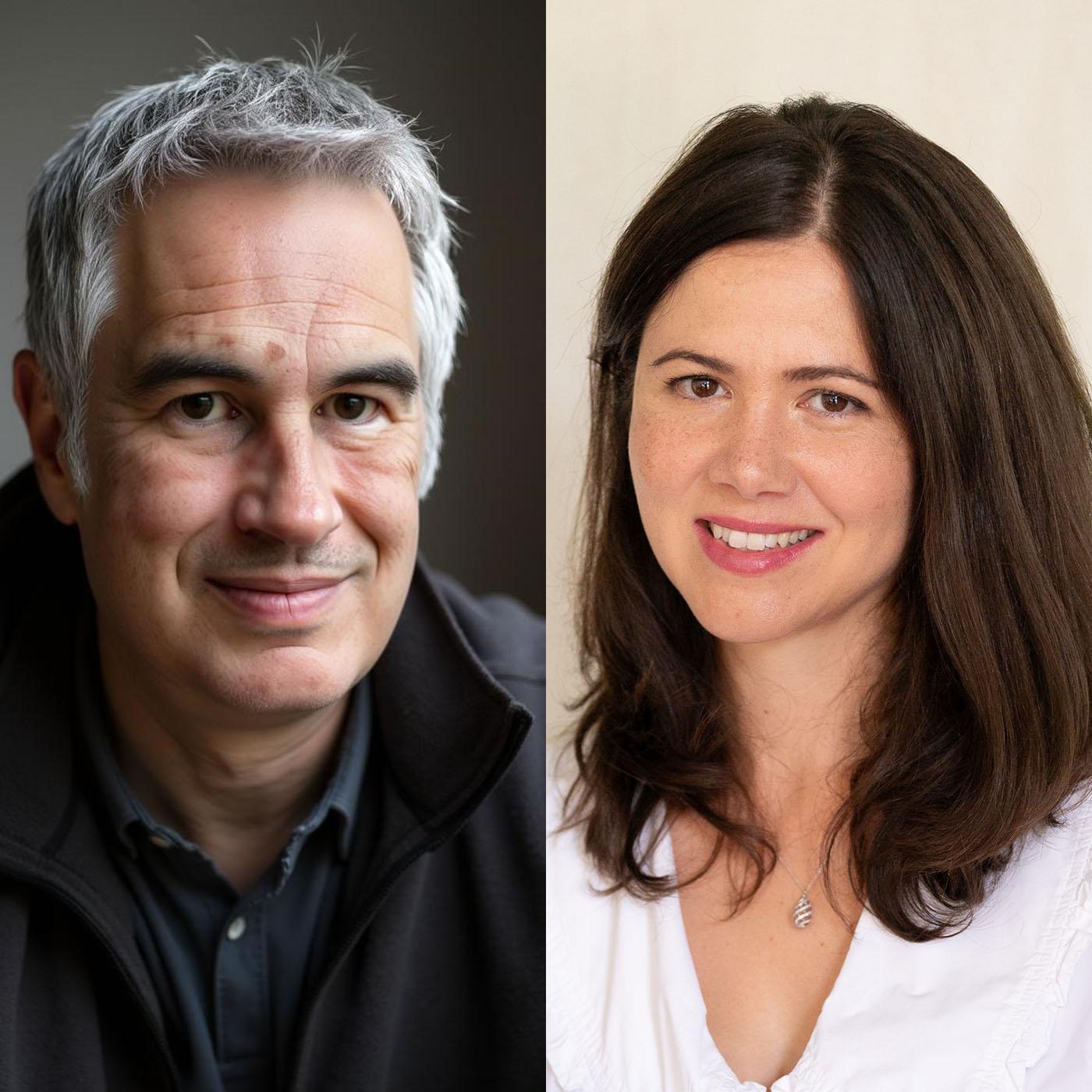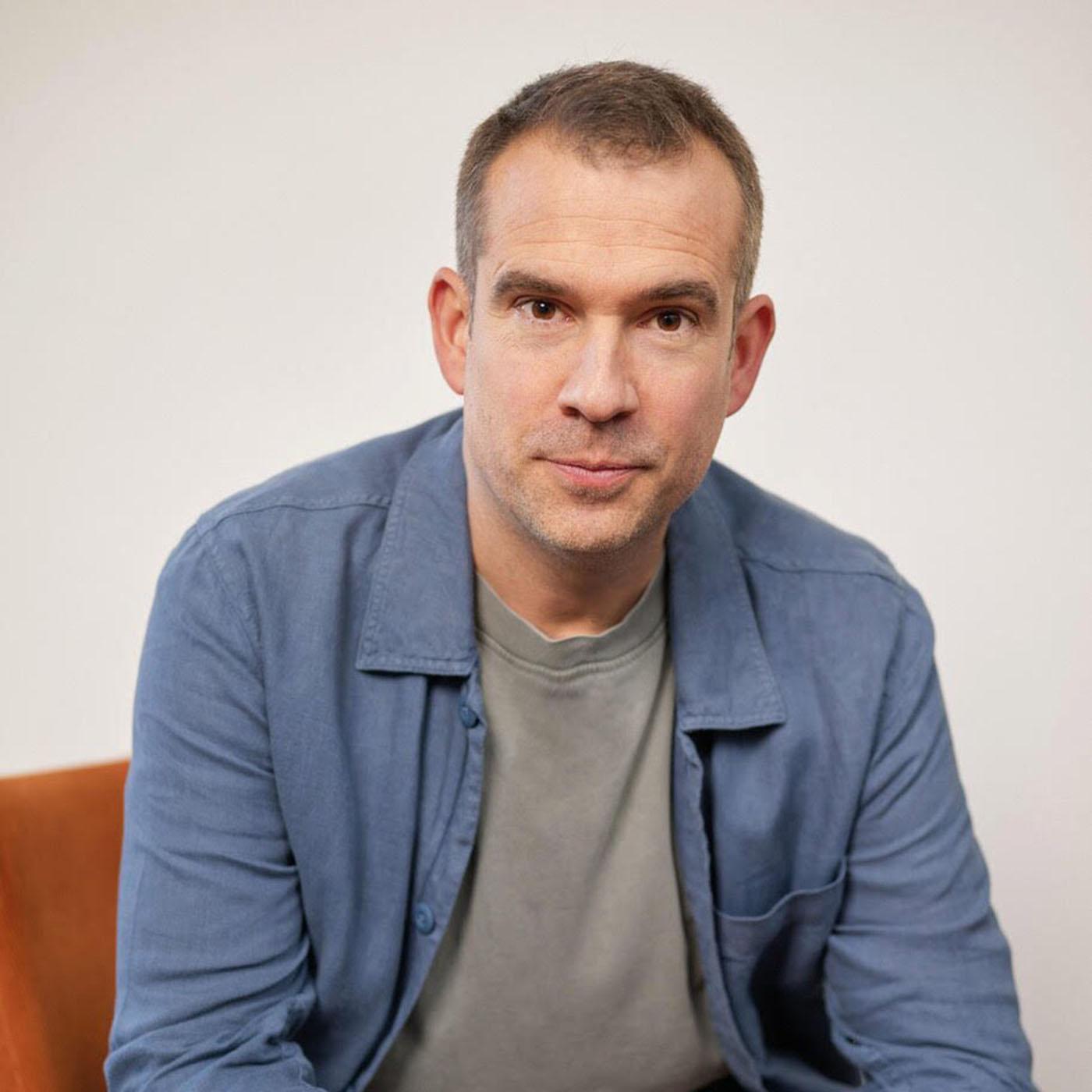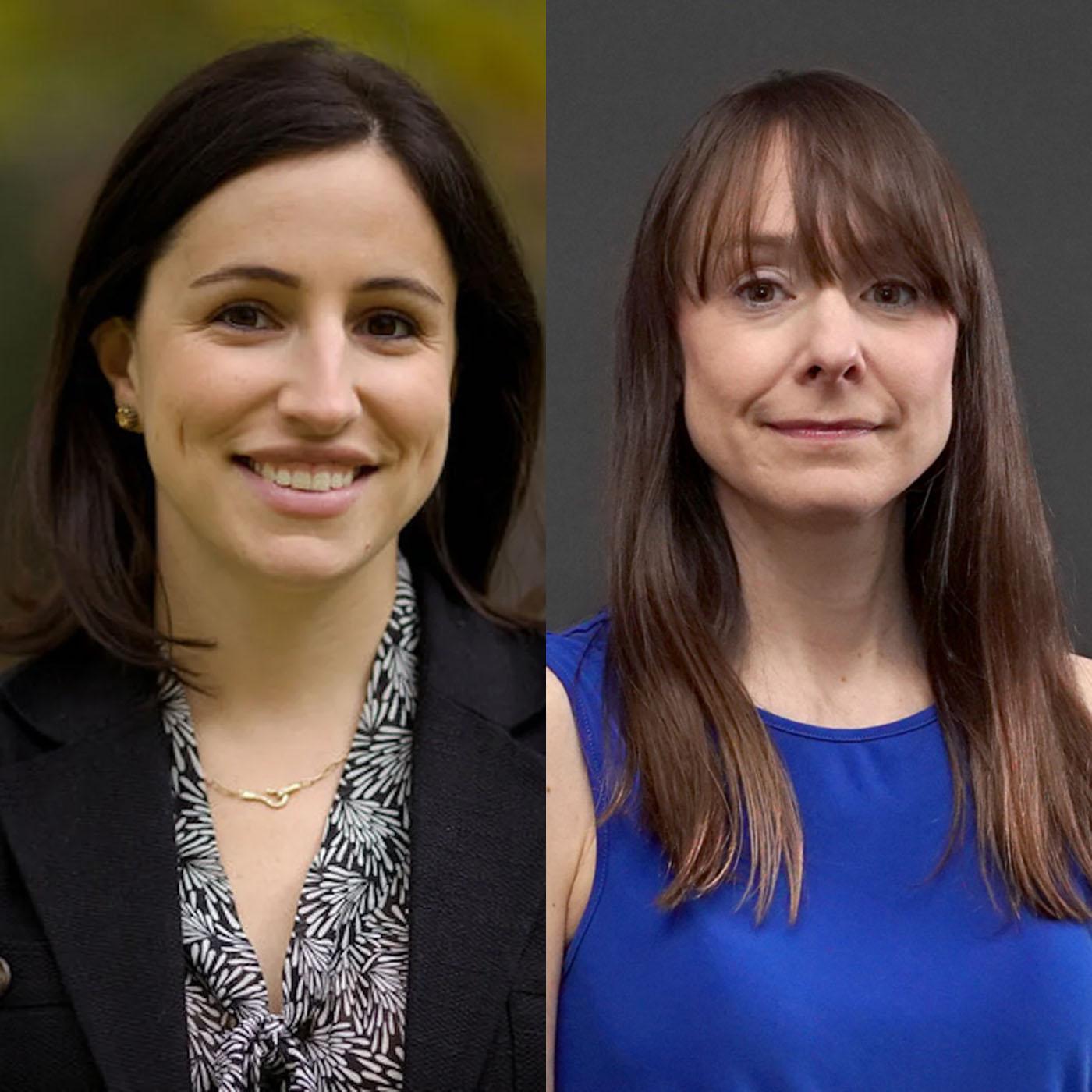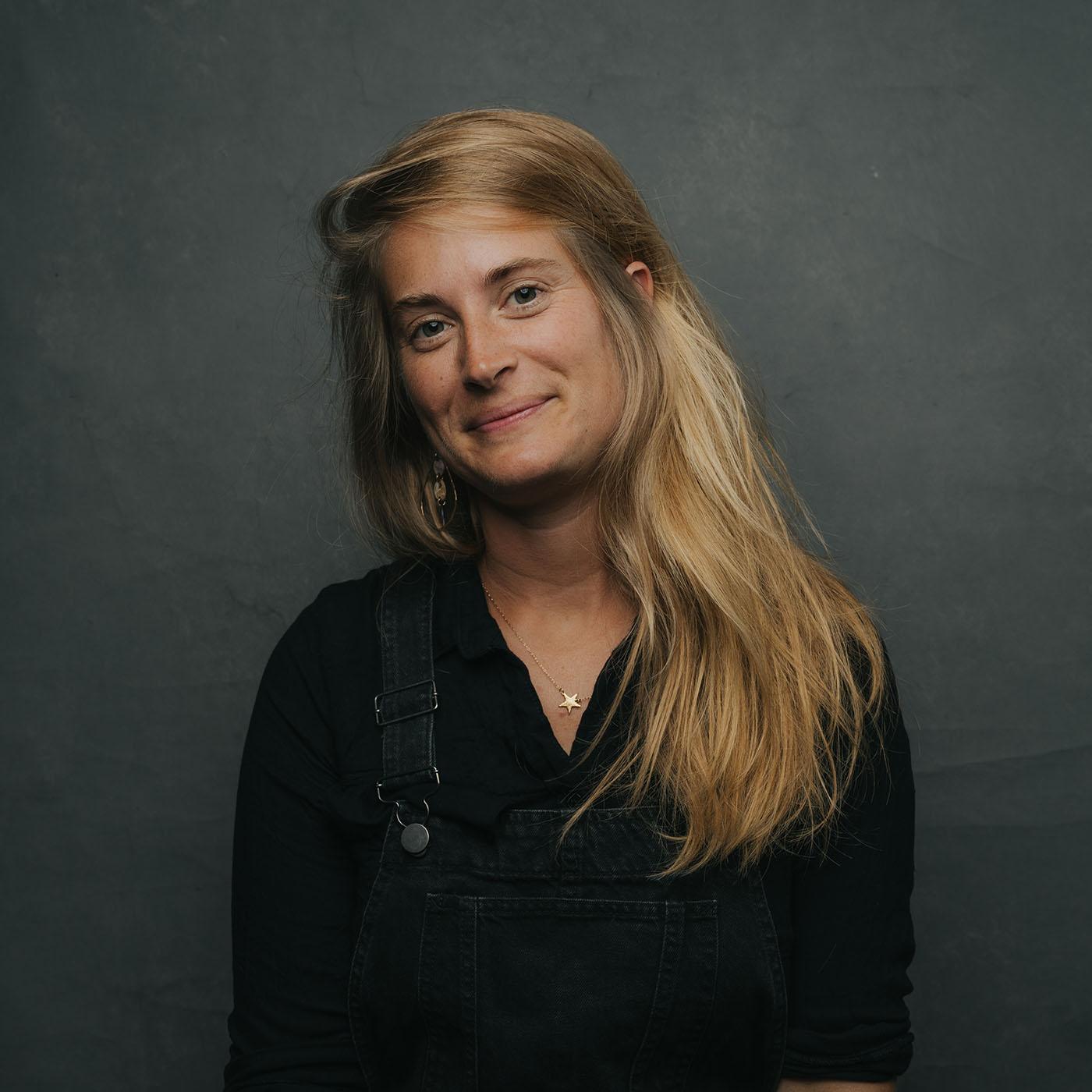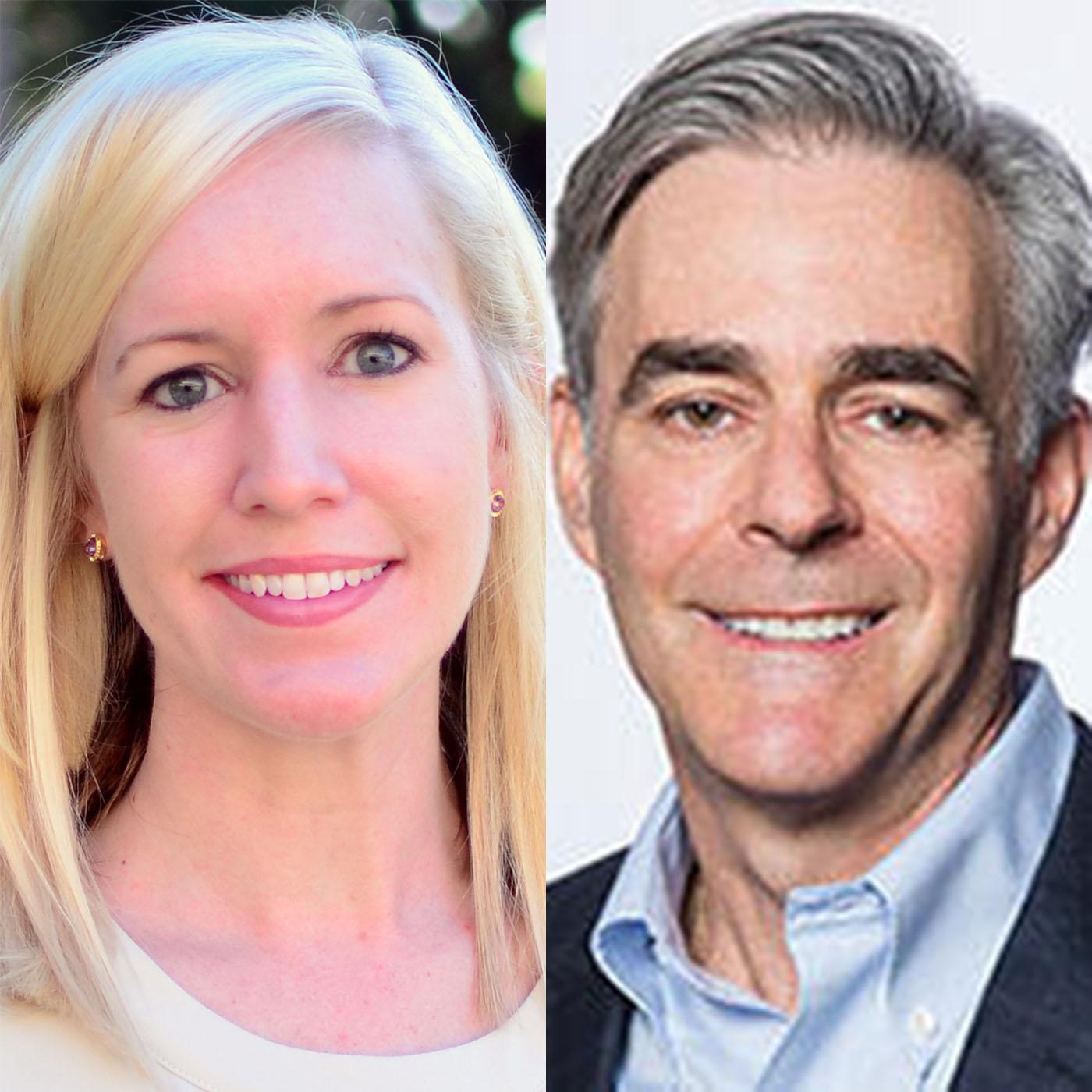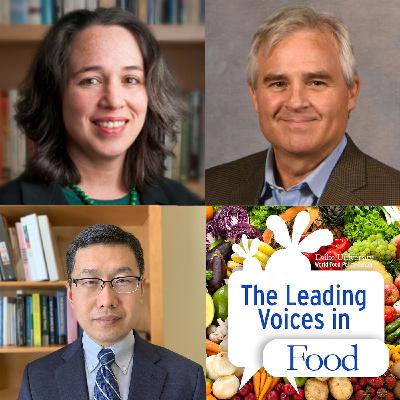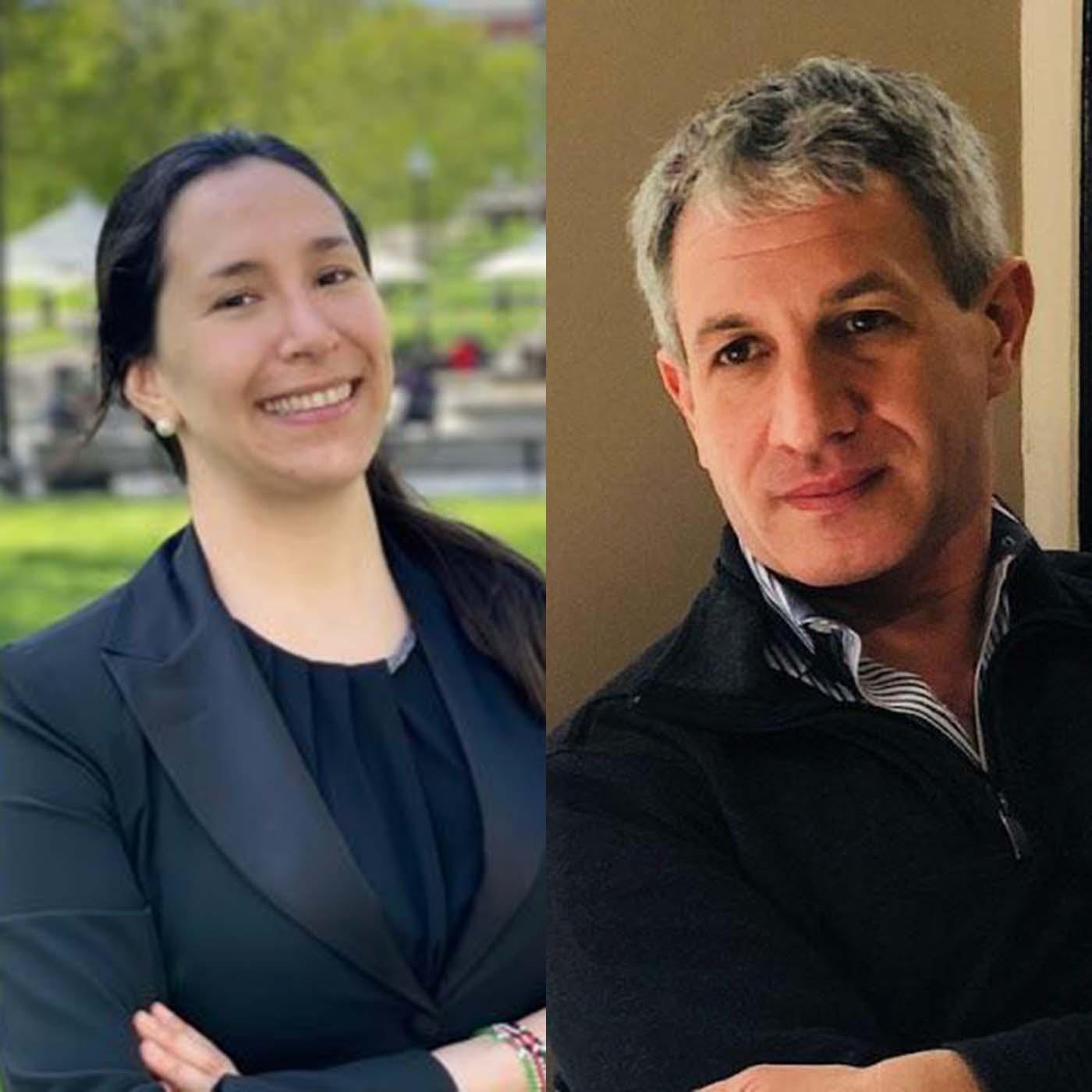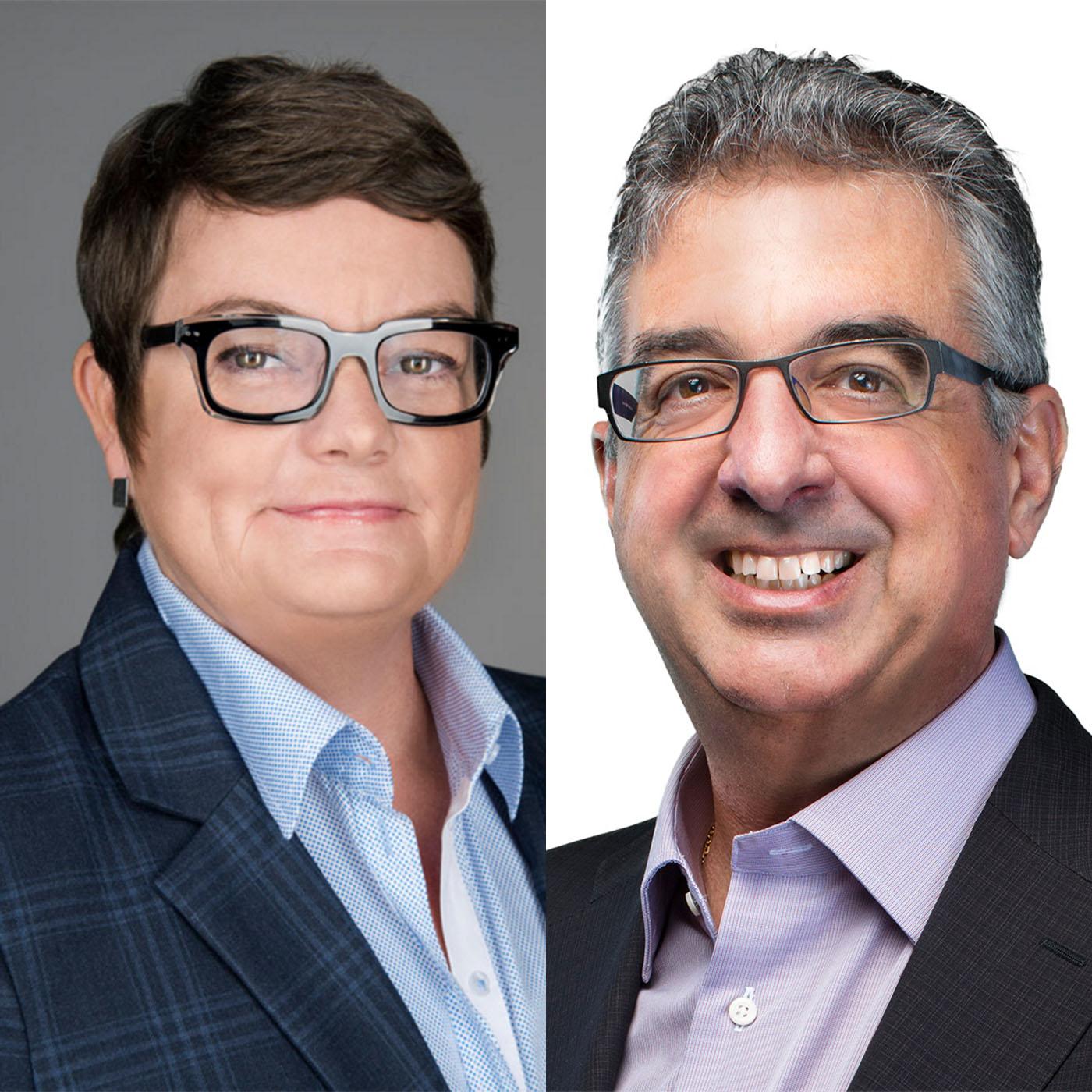E274: Sweet and Deadly - Coca-Cola in the spotlight
Description
Recently I was asked to review a forthcoming book for American Scientist magazine. The book was entitled, Sweet and Deadly: How Coca-Cola Spreads Disinformation and Makes us Sick. I did the review, and now that the book has been published, I'm delighted that its author, Murray Carpenter, has agreed to join us. Mr. Carpenter is a journalist and author whose work has appeared in publications such as the New York Times, and the Washington Post, and has been featured in places like NPR's All Things Considered and Morning Edition.
Interview Summary
So, let's start with your career overall. Your journalism has covered a wide range of topics. But a major focus has been on what people consume. First, with your book Caffeinated and now with Sweet and Deadly. What brought you to this interest?
My interest in caffeine is longstanding. Like many of us, I consume caffeine daily in the form of coffee. And I just felt like with caffeine, many of us don't really discuss the fact that it is a drug, and it is at least a mildly addictive drug. And so, I became fascinated with that enough to write a book. And that really led me directly in an organic fashion to this project. Because when I would discuss caffeine with people, mostly they just kind of wanted the cliff notes. Is my habit healthy? You know, how much caffeine should I take? And, and in short, I would tell them, you know, if you don't suffer from anxiety or insomnia and you're consuming your caffeine in a healthy beverage, well, that's fine. But, what I realized, of course, is that by volume, the caffeinated beverage people consume most of is sodas. And so that led me to thinking more about sodas because I got a lot of questions about the caffeine in sodas. And that led me to realize just the degree to which they are unhealthful. We've all known sodas not to be a health food, but I think that the degree to which they are not healthy surprised me. And that's what led me to this book.
Yes, there's some very interesting themes aren't there with addiction and manipulation of ingredients in order to get people hooked on things. So let's talk about Coca-Cola a bit. Your book focuses on Coca-Cola. It's right there in the title. And certainly, they're giants in the beverage field. But are there other reasons that led you to focus on them? Other than that, the fact that they're the biggest?
They're the biggest and really almost synonymous with sodas worldwide. I mean, many people don't say 'I want a pop, I want a soda.' They say, 'I want a Coke.' I quote a source as saying that. You know, what that means is you want a sugar sweetened beverage. And it's not just that they're the most successful at this game, and the biggest. But as I started doing this research, I realized that they have also been the most aggressive and the most successful at this sort of disinformation that's the focus of the book. At generating these health campaigns, these science disinformation campaigns, we should say. This is not to say Pepsi and Dr. Pepper have not been at this game as well, and often through the American Beverage Association. But it is to say that I think Coca-Cola has been the most sophisticated. The most invested in these campaigns. And I would argue the most successful. And so, I really think it's a league apart and that's why I wanted to focus on Coca-Cola.
That makes good sense. So, in reading your book, I was struck by the sheer number of ways Coca-Cola protected their business interest at the expense of public health and also the degree to which it was coordinated and calculated. Let's take several examples of such activities and discuss exactly what the company has done. And I'd love your opinion on this. One thing you noted that Coke acted partly through other organizations, one of which you just mentioned, the American Beverage Association. There were others where there was sort of a false sense of scientific credibility. Can you explain more about what Coke did in this area?
Yes, and one of the organizations that I think is perhaps the exemplar of this behavior is the International Life Sciences Institute. It's a very successful, very well-funded group that purports to you know, improve the health of people, worldwide. It was founded by a Coca-Cola staffer and has, you know, essentially carried water for Coke for years through a variety of direct and indirect ways. But so front groups, the successful use of front groups: and this is to say groups that don't immediately appear to be associated, say with Coca-Cola. If you hear the International Life Sciences Institute, no one immediately thinks Coca-Cola, except for people who study this a lot. The International Food Information Council, another very closely related front group. This is one of the ways that Coke has done its work is through the use of front groups. And some of them are sort of these more temporary front groups that they'll establish for specific campaigns. For example, to fight soda taxes in specific areas. And they often have very anodyne names, and names again that don't directly link them to Coca-Cola or a beverage, the beverage industry. And the reason that this is so important and the reason this is so effective is journalists know if they were saying, Coca-Cola says soda isn't bad for you, of course that raises red flags. If they say, the International Life Sciences Institute says it's not bad for you, if they say the International Food Information Council says it's not bad for you. The use of front groups has been one of the very effective and persistent, strategies.
It almost sounds like the word deception could be written the charter of these organizations, couldn't it? Because it was really meant to disguise Coca-Cola's role in these things from the very get go.
That's right. Yes. And the deception runs very deep. One of the things that I happened onto in the course of reporting this book, Sweet and Deadly, is Coca-Cola two different times, organized three-day seminars on obesity in Colorado. These two attendees appeared to be sponsored by a press organization and the University of Colorado. They were funded and structured entirely at the behest of Coca-Cola. And it wasn't until after people had attended these seminars and reported stories based on the findings that they'd learned there. Much, much later did people find out that yes, actually these were Coca-Cola initiatives. So yes, deception, runs deep and it's a huge part of their public relations strategy.
It's like reputation laundering, almost.
Well, it is, and, you know, I make frequent analogies to the tobacco industry in the book. And I think one of the things that's important to remember when we're looking at tobacco and when we're looking at Coca-Cola, at the soda industry writ large, is that these are industries that are producing products that science now shows unequivocally are unhelpful. Even at moderate levels of consumption. So, in order for the industry to continue selling this product, to continue leading, they really have to fight back. It's imperative. It's a risk to their business model if they don't do something to fight the emerging health science. And so, yes, it's very important to them.
You know, it's easy, I guess, to ascribe this kind of behavior to ill meaning people within these organizations. But it's almost written into the DNA of these organizations. I mean, you said they have to do this. So, it's pretty much be expected, isn't.
It is. I think young people when they hear something like this, they often shrug and say capitalism. And, yes, there's something to that. But capitalism thrives also in a regulated environment. I think that's maybe a little bit too simplistic. But the aspect of it that does apply here is that Coca-Cola is in the business of selling sugar water. That's what they're there to do. Granted, they've diversified into other products, but they are in the business of selling sugar water. Anything that threatens that business model is a threat to their bottom line. And so, they are going to fight it tooth and nail.
So how did Coca-Cola influence big health organizations like the World Health Organization and any equivalent bodies in the US?
Well, so a few different ways. One of the ways that Coca-Cola has really extended its influence is again, through the use of the front gro

